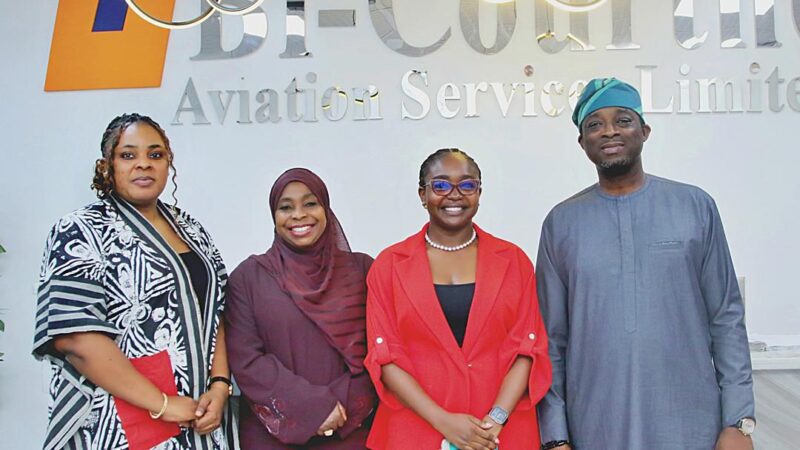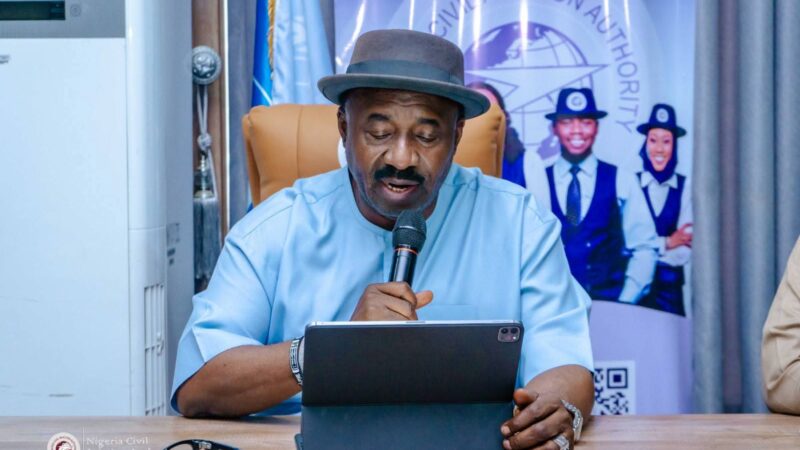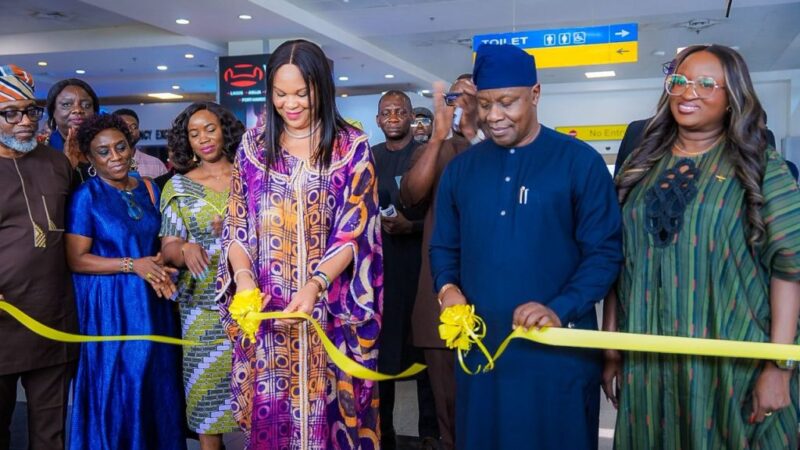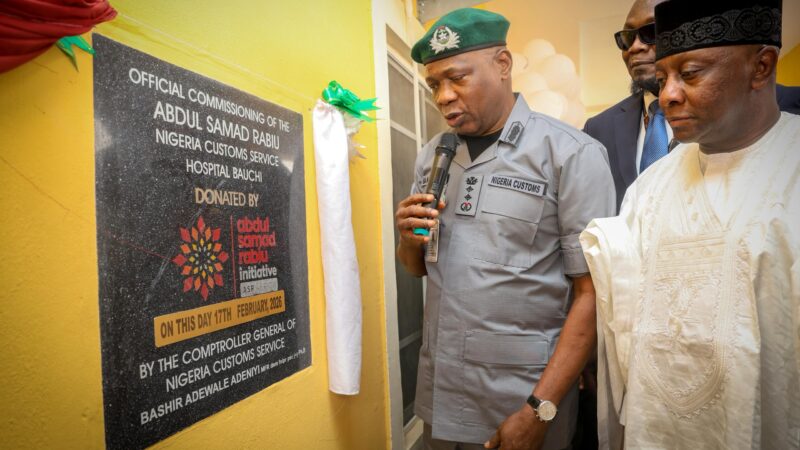Integrate Meteorological Data into Urban Transformation for Climate Resilience, NiMet DG Urges at Abuja Summit
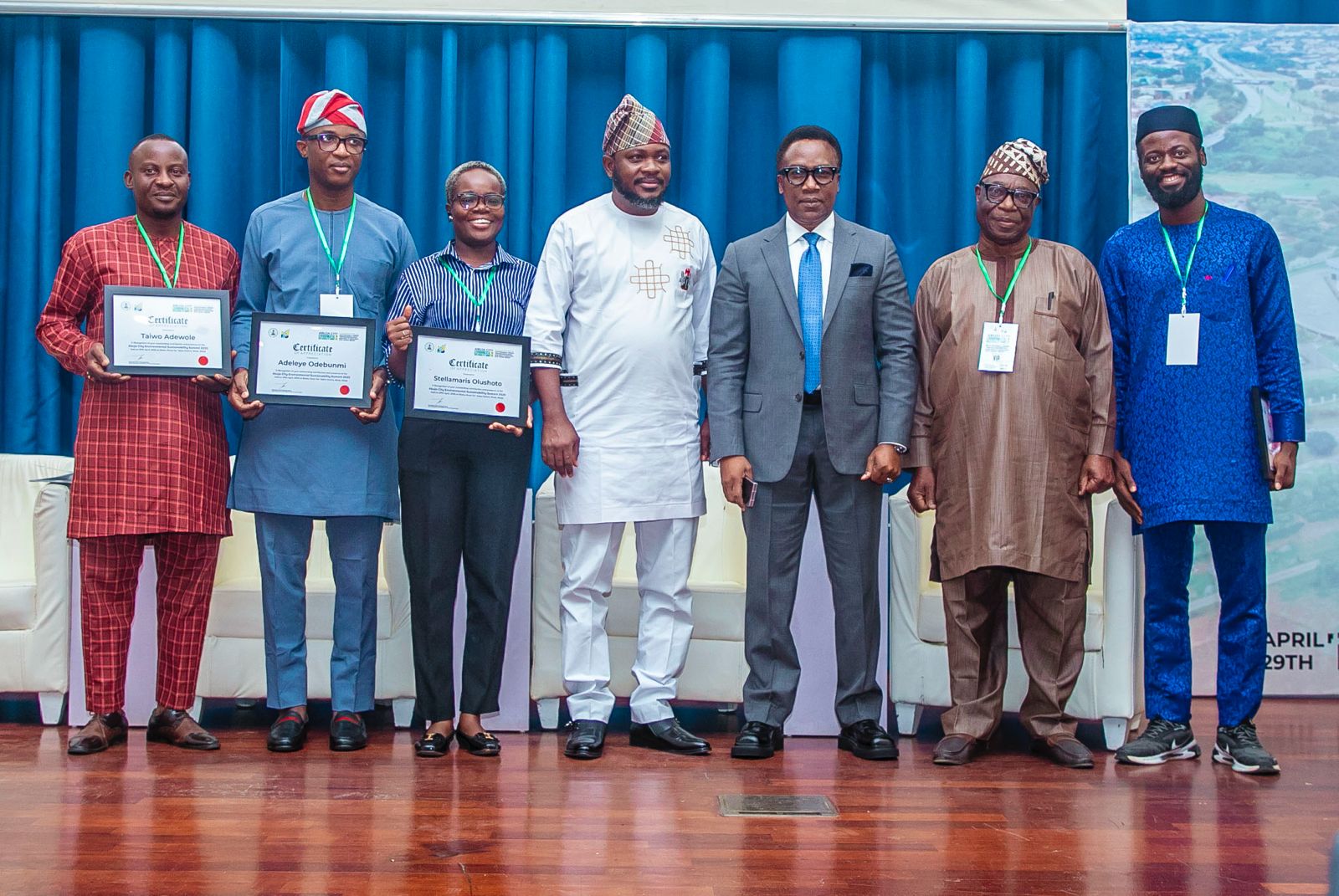
The Director General and Chief Executive Officer of the Nigerian Meteorological Agency (NiMet), Professor Charles Anosike, has called for the integration of meteorological data into urban development strategies as cities contend with the dual challenges of climate change and rapid population growth.
Speaking at the Abuja City Environmental Sustainability Summit held on Tuesday, 29th April 2025, Prof. Anosike emphasised that incorporating weather and climate data is essential for planning resilient and environmentally sustainable urban spaces.
The summit, themed “Sustainable Urban Transformation: Building a Resilient and Green Abuja”, was convened by Comrade Yussuf Olatunji Kelani, Special Assistant to the President on Climate Change Matters.
“The theme of the event reminds us of our collective responsibility to reshape Abuja into resilient, eco-friendly spaces that safeguard the well-being of our future generations,” Prof. Anosike said, highlighting the urgent need for climate-smart urban practices.
He explained that sustainable urban transformation entails strategic changes to improve the environmental, social, and economic dimensions of city life.
“In the efforts to transform Abuja, climate-smart practices and social inclusion must be prioritised,” he stated. “We must embrace a systemic approach to help improve our understanding of how different drivers of hazards, exposure, vulnerability, and their dynamic root causes combine to exacerbate the impact of climate disasters.”
Prof. Anosike stressed that NiMet plays a pivotal role in this transformation by providing critical services such as weather forecasts, climate services, and seasonal climate predictions.
These services, he noted, empower environmental managers to make informed decisions, reduce risks, and adapt proactively to changing climate conditions.
“Sustainable urban transformation and meteorology are intrinsically linked,” he added. “As cities grow and evolve, their meteorological conditions, including weather patterns and climate, significantly impact their sustainability efforts. Understanding and addressing these impacts is crucial for creating resilient and sustainable urban environments.”
The summit brought together stakeholders committed to promoting green and inclusive urban development, with a special focus on leveraging scientific data and policy frameworks to mitigate environmental risks and enhance urban resilience.


